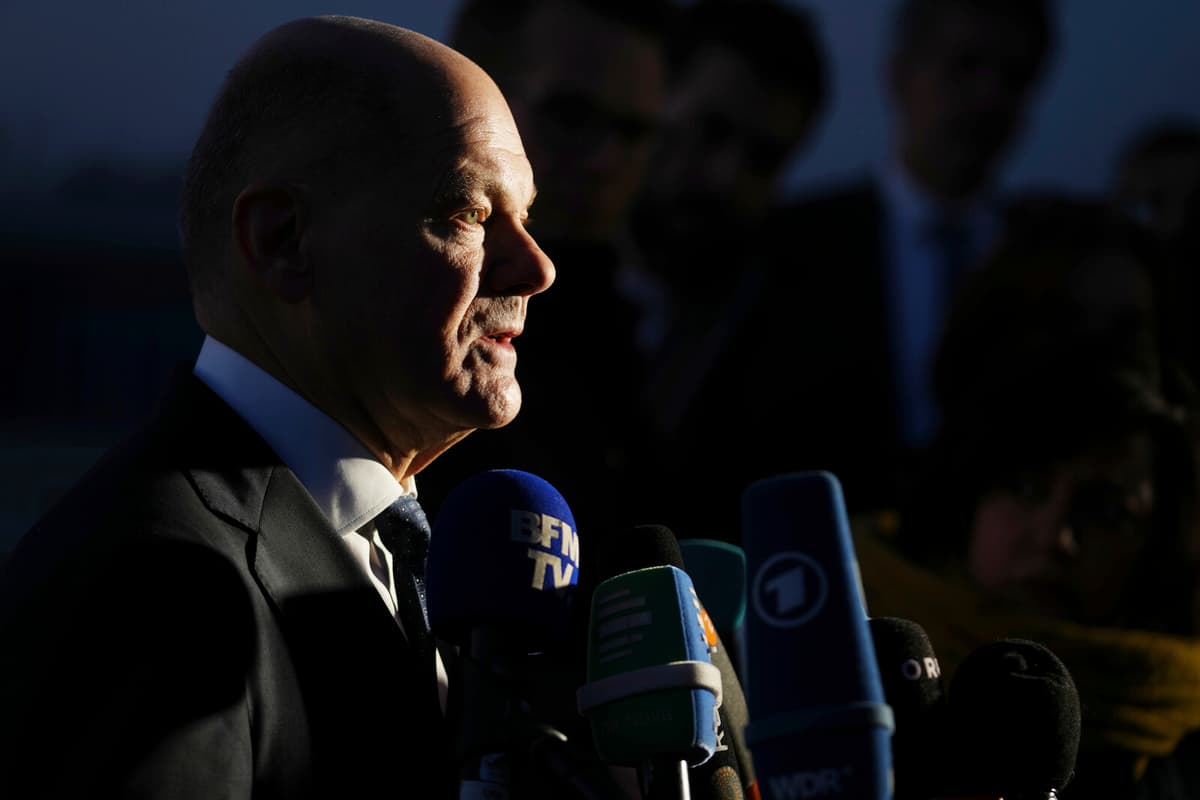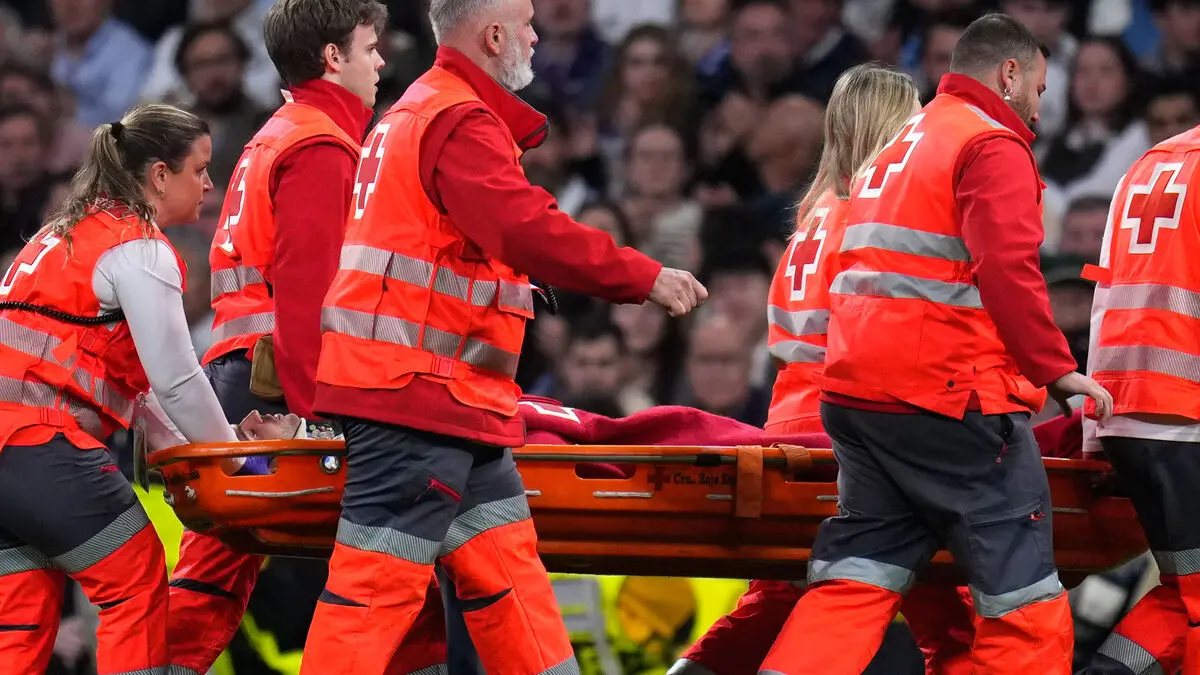Europe is still reeling from last week's announcement by the new US leadership that Ukraine may be left without land and not be admitted to NATO. The tone surrounding the suddenly initiated peace talks with Russia – without Ukrainian or European participation – does not help to calm things down.
Pessimism is widespread among experts and opinion-makers of all kinds.
"What happens if Vladimir Putin invades Estonia (which he can easily do by lunchtime tomorrow)? Does anyone still believe that Trump's America will honor its NATO commitments? Will Germany's ragtag army march in to defend Tallinn? Good luck with that," writes, for example, the European news site Euractiv in an editorial.
Concessions?
Fears are growing that the US will make major concessions to Russia and force Ukraine to accept a peace that the country cannot live with.
The crisis is exacerbated by disagreements within the EU, where Hungary, in particular, has quickly sided with the US and accused Europe's "war-mongering, liberal elite" of wanting to prevent a peace.
The EU's built-in sluggishness in decision-making is also playing a role. In Brussels, there is no all-powerful president who can make quick decisions without first consulting all 27 member states.
Strength in Crisis
Not even appointing a chief negotiator to potentially participate in the peace talks can be done quickly.
You can't have four or five at the table. Who is ready to represent Europe – not just the EU? Who is capable? There is no time to procrastinate. Please, keep up with our pace, urged Ihor Zjovkva, the Ukrainian president's vice chief of staff, at an event hosted by the think tank EPC in Brussels on Monday.
At the same time, the EU has often shown itself to be strongest when crises are at their deepest. Intensive discussions are now underway on how countries can strengthen their defenses with the help of joint EU loans, a significantly increased EU budget, or exemptions from normal debt rules.
"Keep Fighting"
The result could be an EU with much greater power than before, with Ukraine as a new powerful member, and a NATO where the US is no longer the dominant force.
However, numerous obstacles remain, not least if presidents and prime ministers need to make cuts that risk triggering demonstrations and protests at home.
Ihor Zjovkva is worried that the EU will get stuck in fine words, investigations, and bureaucracy.
How many wake-up calls do we need in Europe? If you want to keep sleeping, do so. But we will continue to fight, he said on Monday.
The EU Commission is to present a "white paper" on future defense cooperation in mid-March, which is expected to include proposals on how and which weapon systems EU countries can jointly build up.
The Polish presidency of the Council of Ministers hopes for an agreement in the spring on exemptions from ordinary budget rules to allow countries to borrow for defense. Spain wants to see a doubled EU budget to invest more, while several countries are pushing for a joint EU loan.






